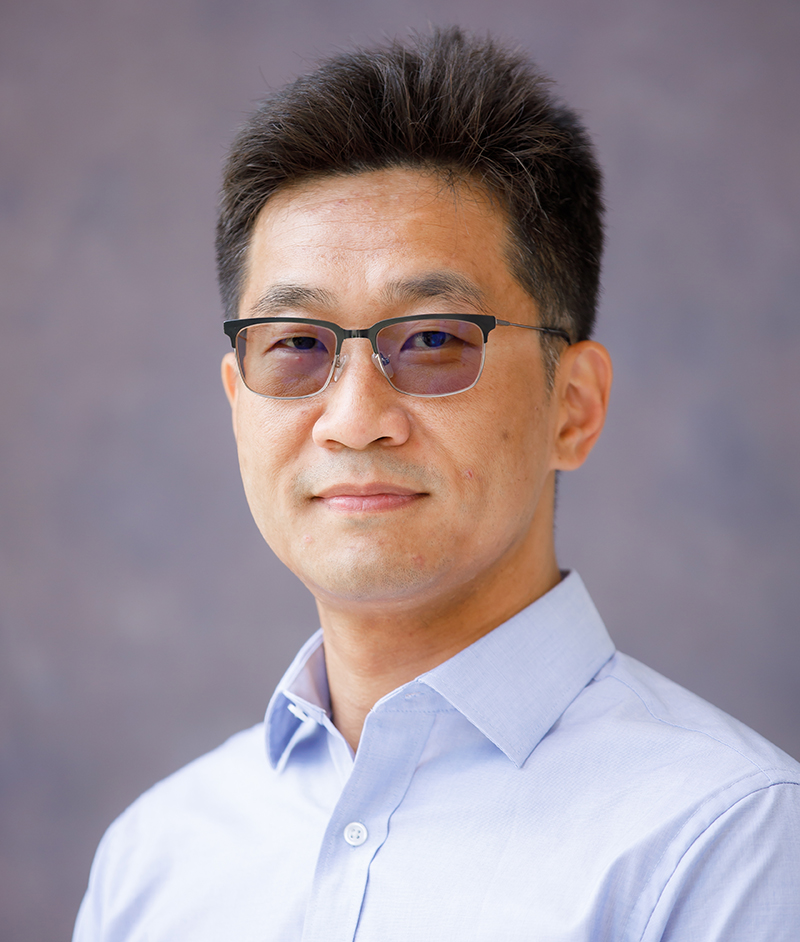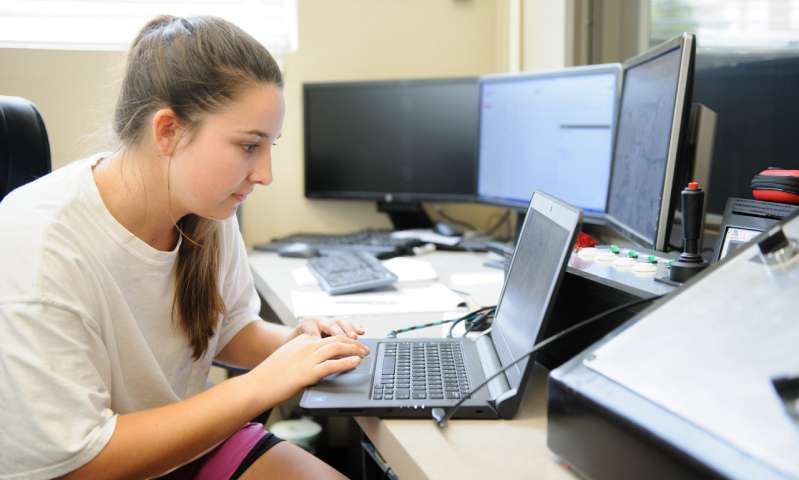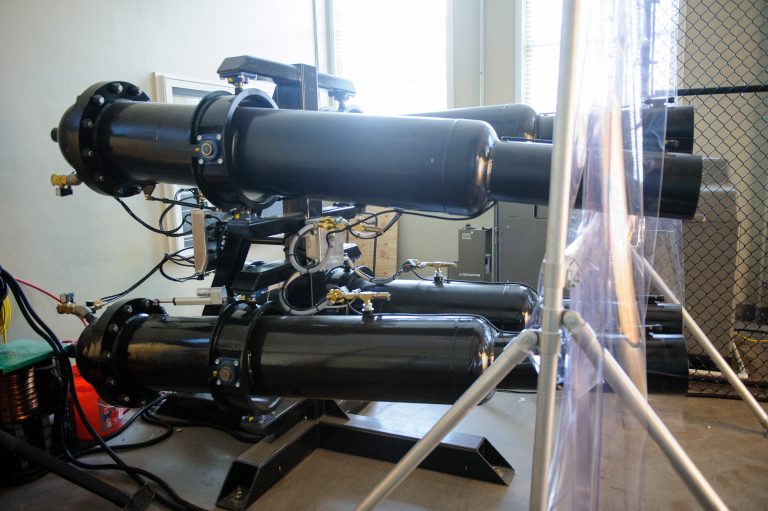
- 2037F SERC
- Phone (205) 348-0774
- Fax (205) 348-0783
- Faculty Website
Dr. Wei Song
Professor
Contact
- 2037F SERC
- phone (205) 348-0774
- fax (205) 348-0783
- Faculty Website
Research Areas
Education
- Ph.D., Civil Engineering, Purdue University, 2011
- M.S., Systems Science and Mathematics, Washington University in St. Louis, 2008
- M.S., Structural Engineering, Tongji University, 2004
- B.S., Civil Engineering, Tongji University, 2001
Dr. Wei Song’s research interests include structural condition assessment, advanced experimental technique, cyber-physical system design promoting community resilience and optimal control design for nonlinear stochastic systems. Song is most focused on addressing the challenges of developing resilient and sustainable communities through civil engineering. His research approach is designed specifically to develop, assess and implement advanced techniques for next-generation structural condition assessment and retrofitting tools.
Affiliated Areas
Center for Sustainable Infrastructure, Civil, Construction and Environmental Engineering
Selected Publications
- Song, W., “Generalized Minimum Variance Unbiased Joint Input-State Estimation and Its Unscented Scheme for Dynamic Systems with Direct Feedthrough,” Mechanical Systems and Signal Processing, 99, pp. 886-920, (2018) (DOI: 10.1016/j.ymssp.2017.06.032)
- Hayati, S., and Song, W., “Design and Performance Evaluation of an Optimal Discrete-Time Feedforward Controller for Servo-Hydraulic Compensation,” Journal of Engineering Mechanics, 144(2), (2018) (DOI: 10.1061/(ASCE)EM.1943-7889.0001399)
- Zhou, S., and Song, W., “Environmental-Effects-Embedded Model Updating Method Considering Environmental Impacts,” Structural Control and Health Monitoring, 25(3), (2018) (DOI: 10.1002/stc.2116)
- Song, W., Hayati, S., and Zhou, S., “Real-time Model Updating for Magnetorheological Damper Identification: An Experimental Study,” Smart Structures and Systems, 20(5), pp. 619-636, (2017) (DOI: 10.12989/sss.2017.20.5.619)
- Hayati, S., and Song, W., “An Optimal Discrete-Time Feedforward Compensator for Real-Time Hybrid Simulation,” Smart Structures and Systems, 20(4), pp. 483-498. (2017) (DOI: 10.12989/sss.2017.20.4.483)
Dr. Song's Impact

The Impact Cannon
In 2011, Alabama was hit by a giant tornado- the largest tornado recorded in the U.S. terms of the amount of damage it caused. Thousands were displaced from their homes-...

Researchers use innovative lab to study storm shelter designs
Storm shelters are an expensive and time-consuming add-on when building a home. To save time and money, sometimes homeowners and builders skimp on the protection they provide from high-winds from...

Shelter from the Storm
Could homeowners have protection from high winds at a more affordable price than traditional storm shelters provide? Answering that question is the goal of research inside an innovative University of Alabama lab designed to help the construction and insurance industries.